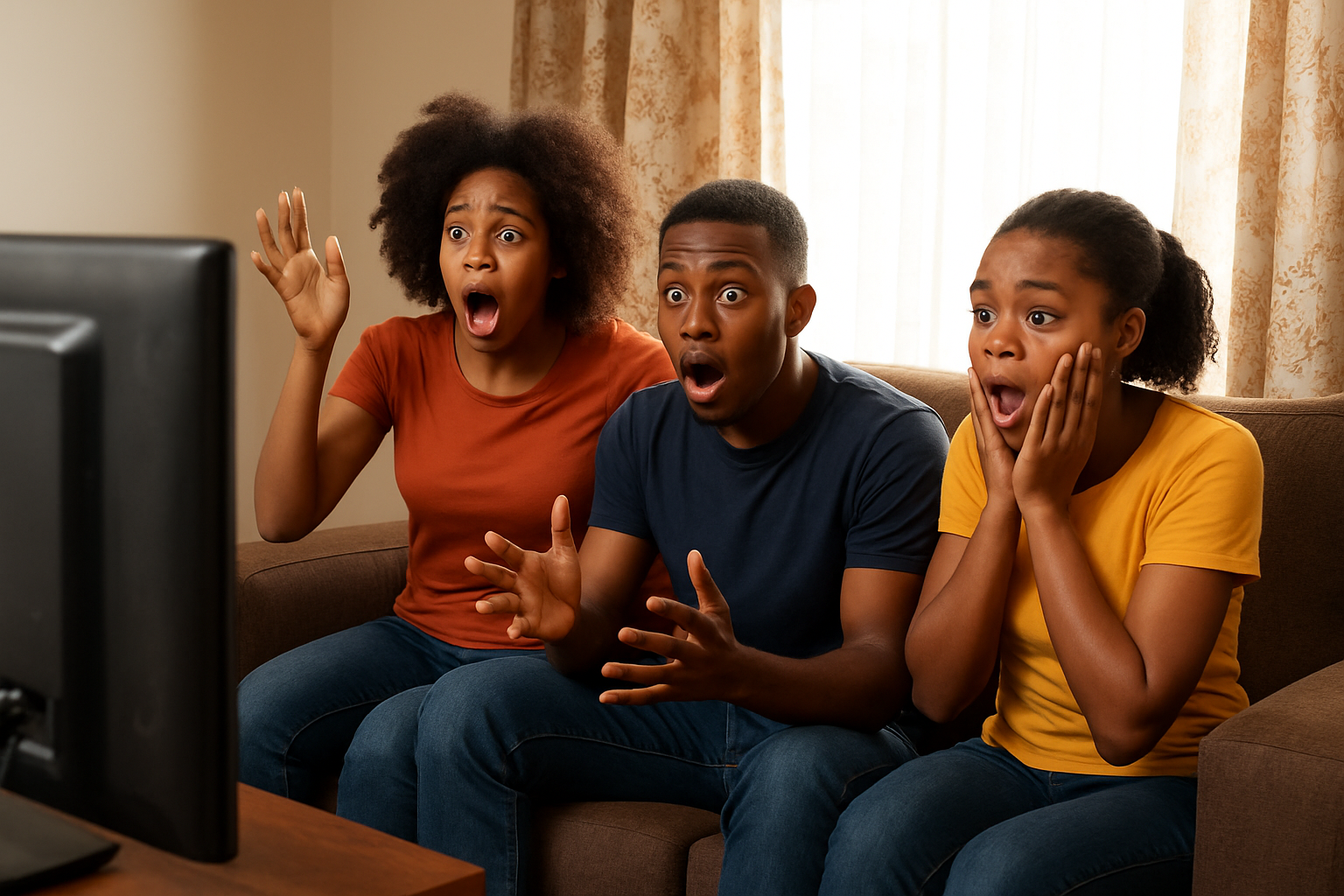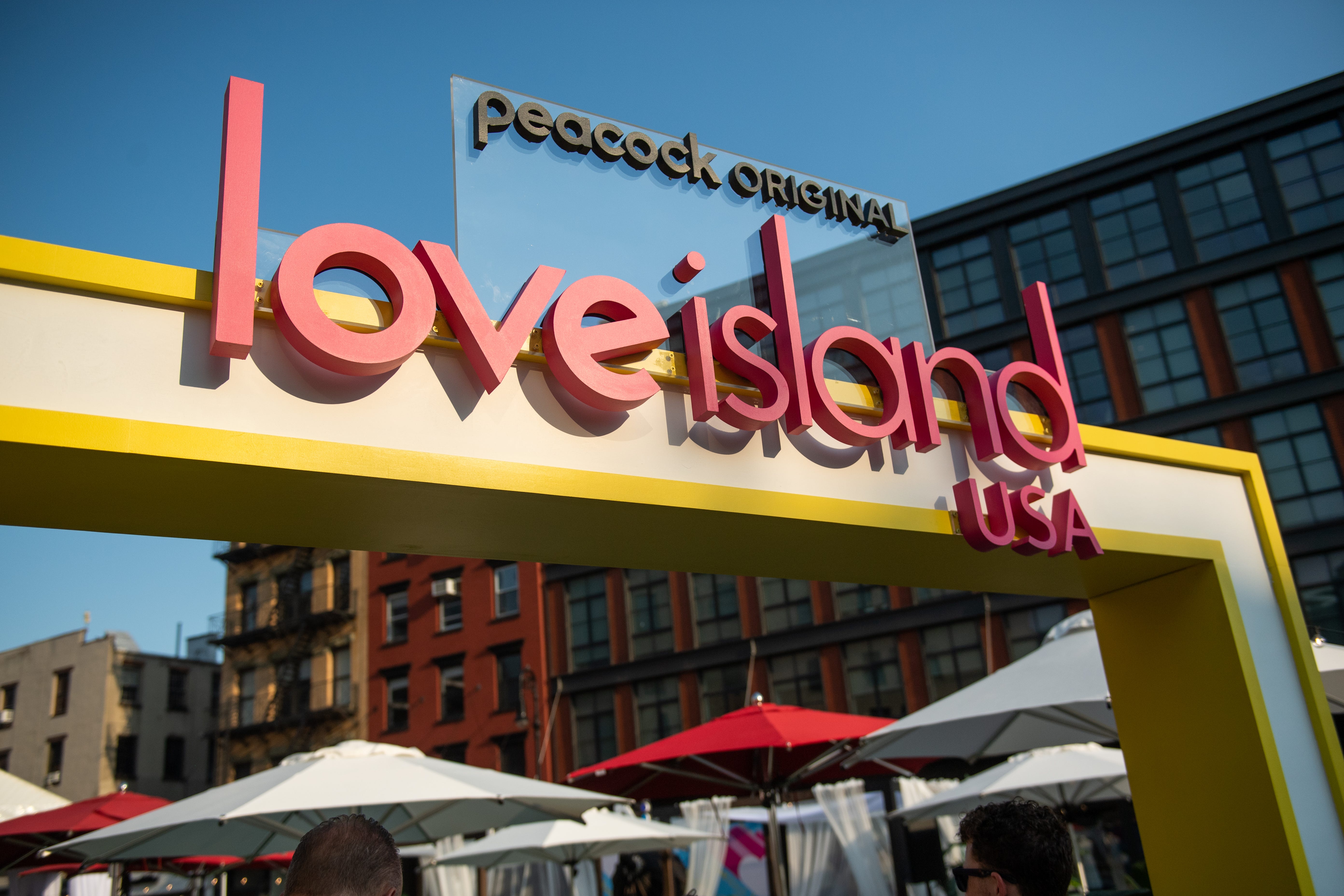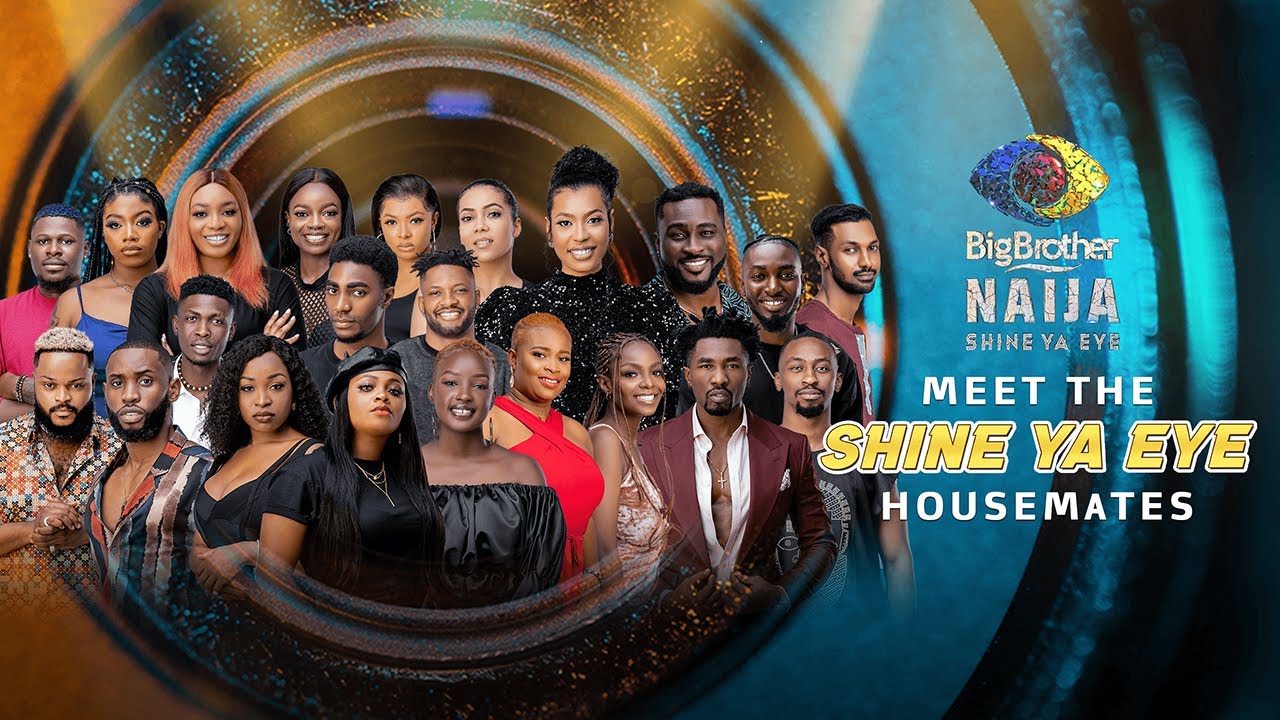
Few audiences in the world watch reality television as intensely as Nigerians, and nowhere has that passion been more visible on a global scale than on Love Island USA, where the drama on television has been matched by violent off-screen clashes. There is also the Big Brother Nigeria show to highlight this point.
- Nigerian audiences display an intense passion for reality TV, evident in their engagement with shows like Love Island USA and Big Brother Nigeria.
- Nigerians utilize innovative methods to participate in international voting and discussions, often resorting to technology like VPNs.
- This dedicated fandom sometimes leads to accusations of toxicity or manipulation from other fan groups.
- Shows like Big Brother Naija demonstrate the country’s cultural emphasis on storytelling, drama, and engagement.
Nigerian supporters, in particular, have been thrown into the spotlight, celebrated by some for their unrivaled passion, vilified by others as “toxic” and even accused of hijacking the event.
The allegations are serious: some Nigerian viewers attempted to influence the outcome of public votes and meddle with contenders’ social media profiles.
But the stats reveal how committed Nigeria has grown in Love Island USA. During one season, the program received over 2.1 million tweets from Nigeria alone, with engagement reaching a stunning 574,000 tweets in a single day.
That amount of digital buzz outperformed activities in other African nations such as South Africa and Ghana, demonstrating that Nigeria’s online community was a dominating voice in the global fandom.
SEE: British Minister Badenoch’s ‘Not Nigerian’ remark sparks widespread backlash
Locked out of official voting because Peacock restricts participation to U.S. residents, Nigerians turned to creative, and sometimes controversial, methods to make their voices heard.

Many others utilized VPNs to get around regional restrictions, while others depended on anonymous YouTube uploads of episodes to keep up with the program.
Ms. Ashimi Olamiposi, a Nigerian fan who talked with the BBC, stated that her hunt for means to vote led her to a private WhatsApp group co-founded by a Briton and a Nigerian.
Within the group, she discovered an organized community that operated with military precision. Approximately 150 of the 200 members were Nigerian, with the remainder coming from the United States, Ghana, Kenya, and the UK.
They pooled money to buy American phone numbers that could be used to vote, working in shifts and coordinating techniques similar to a political campaign.
But such commitment drew suspicion.
Rival fanbases accused the Nigerian-heavy group of more than simply voting; they claimed attempts to bring down specific contenders by mass-reporting their social media accounts.
Some entered the WhatsApp group, leaked messages, and disseminated rumors that supported the notion that Nigerians are “toxic” in the fanbase.
Online, insults and counter-attacks flew back and forth, transforming what should have been fun amusement into a digital battleground.
One user on X said, “Please ban Love Island from Nigeria.” This has amassed close to 9,000 likes.
“There’s gotta be a way to ban the whole of Nigeria from watching Love Island again next year,” another person in the US posted.
Someone in the UK tweeted: “Why is it always Nigerians with this toxic attitude towards TV shows?… Nigerians in Nigeria need to leave Love Island alone.”

To media veterans, none of this is surprising. Donald Clarke, a London-based producer who worked on the inaugural season of Big Brother Nigeria, stated that Nigerians have always had an insatiable taste for reality television.
“Nigeria has a huge storytelling culture. Nollywood is a symptom of that,” he says, referring to the country’s massive film industry.
SEE HERE: Democratic Republic of Congo to pay Barcelona over €40 million for tourism promotion
“That drifts into reality TV and the way Nigerian viewers watch it. They’re heavily invested, and they express that heavily on social media.”
He explains that social media amplifies that investment.
“The shows spark conversations, they provoke topics of discussion, and then the audience runs away with it. With social media and how it’s evolved into memes and shared moments, the conversation becomes as big as the show itself,” he says.
The high stakes, emotive storytelling, and live audience engagement create the ideal storm for a country where millions desire drama and a way to feel connected.
Dr. Wendy Osefo, a Nigerian-American sociology lecturer at Wesleyan University and cast member of The Real Housewives of Potomac, believes the fixation has deeper cultural origins.
She connects Nigerians’ great involvement in series like Love Island USA to the country’s volatile political landscape, stating that reality TV provides a sense of escapism and influence that individuals frequently lack in real life.
“A lot of Nigerians politically have lived their life through the lens of being viewers,” she tells the BBC.
“The biggest reality TV is our political system,” she added.
A similar problem back at home with Big Brother Nigeria
Formerly a reality TV show dubbed Big Brother Africa, targeted towards the entire continent, Big Brother Nigeria, focused on Nigerian contestants, has become a national phenomenon, with an appeal that has spread throughout Africa.
DON’T MISS THIS: Ghana orders DStv to cut subscription prices or face licence suspension

This show, which has easily become the most successful reality TV show on the continent, did so on the heels of Nigeria’s natural propensity for drama.
Big Brother Naija (BBNaija) has morphed into much more than a reality TV program; it has become a nationwide phenomenon. The show feeds on Nigerians’ profound love of drama, narrative, and spectacle.
It has produced some of the country’s most entertaining conversations, and quite frankly, toxic, dominating social media conversations and living rooms across the country.
The show’s success extends beyond culture to the business realm.
Revenue and expenses of Big Brother Naija
Multichoice Nigeria, the parent company of DSTV and GOtv, has constantly benefited from BBNaija’s enormous popularity.
In 2023, Multichoice Nigeria generated over ₦277 billion in revenue, with BBNaija contributing significantly to this rise.
![Multichoice [Nairametrics]](https://ocdn.eu/pulscms/MDA_/fdadaf4adb9afe80853f646d54050d82.jpg)
Historical information on direct audience monetisation demonstrates how voting has grown into a significant revenue stream. In 2018, 170 million SMS votes were cast, generating about ₦5.1 billion in income based on a cost of ₦30 per vote (estimate varies by platform and market).
On the expense front, MultiChoice has consistently emphasized the size of its commitment. Season 7 (“Level Up”) cost over ₦4.7 billion to create, whereas the 2023 “All Stars” season received over ₦5.5 billion in investment and 1.53 billion votes, indicating both production ambition and audience passion.
Beyond earnings, BBNaija has also produced stars who have gone on to have great careers.
The successes of these contestants often stem from aggressive campaigns by fans to elevate them, including gestures like gifting them cars, money, and houses.
Some fans even go as far as setting up establishments for these contestants, and constantly ensuring that they are top of trends on social media daily, to increase their appeal with big-name brands.
Tobi Bakare, who has since achieved popularity as an award-winning actor starring in Nigerian blockbusters like Brotherhood, Gangs of Lagos, and Rattle Snake, has 2.7 million Instagram followers.
Mercy Eke, the first female winner of BBNaija, has developed an empire as an entrepreneur and influencer, with over 4.4 million Instagram followers currently.
Tacha Akide, one of the most contentious housemates in the show’s history, turned her celebrity into a booming influencer business, with over 3.6 million Instagram followers and a cult-like following.
No tale of BBNaija’s success is complete without Ebuka Obi-Uchendu, who is widely regarded as the franchise’s face and one of the biggest TV hosts.
From a participant in the 2006 edition to the show’s long-time host, Ebuka has become a cultural icon, with over 4.5 million Instagram followers, making him one of Nigeria’s most important media figures.
![Ebuka Obi-Uchendu [Bigbronaija]](https://ocdn.eu/pulscms/MDA_/8908f10e21e0aa66111e90230222415b.jpg)
The successes of these former contestants and the revenue from the show highlight how salable dysfunctional drama and abusive drama are for the Nigerian audience.
SEE ALSO: Ghanaian musician detained in U.S.-linked luxury car tax investigation
What is happening with Love Island USA and Nigerian followers is not a new phenomenon; it is just the globalization of a passion that has always defined Nigerian popular culture.
At home, Big Brother Naija feeds on the same intensity, creating stars, generating billions of naira in revenue, and dominating conversations both online and offline.
That same enthusiasm, when transferred to a global platform like Love Island USA, inevitably jars spectators who are unaccustomed to such unabashed dedication.
To some Americans and Britons, this degree of attention appears poisonous, intrusive, and even manipulative.
However, for many Nigerians, it is nothing more than pure fandom, fuelled by a profound love of drama and storytelling, as well as the belief that by voting, trending, or campaigning, they can directly influence storylines.












